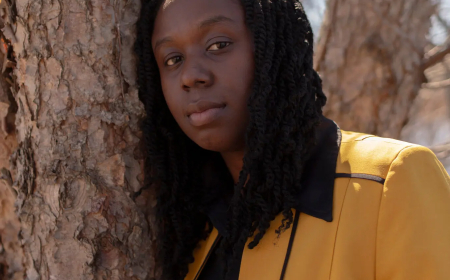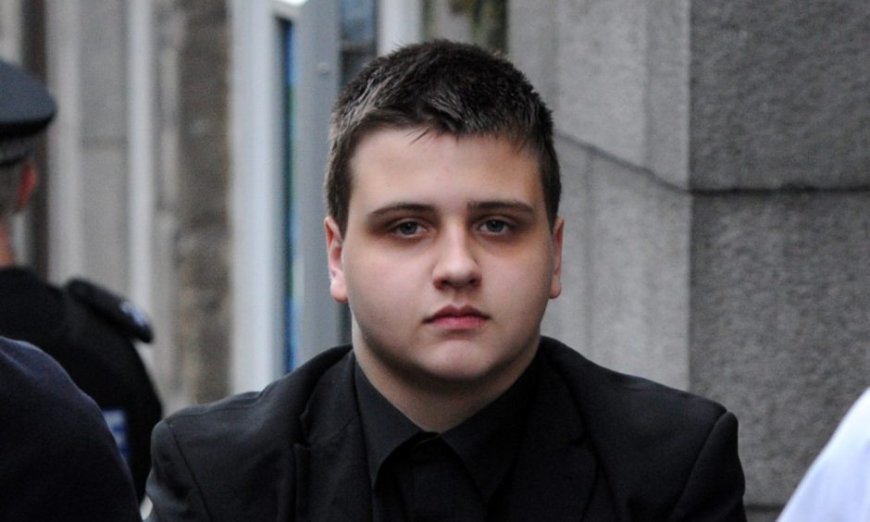Should people who kill be offered a second chance at life?
Daniel Stroud has reportedly been released less than 10 years after killing Bailey Gwynne in Aberdeen, but does the punishment fit the crime?
It’s a phone call which I have never forgotten. An anguished message from my mother telling me that my sister’s fiance had been murdered in London. Until that tragedy, which occurred at a stag party in 1993, Jean and Cormac had been preparing to celebrate their marriage in Scotland just a week later. But, in an instant, his life was cut short by a series of fatal stab wounds as he attempted to stop an argument between his family and two youngsters. They were released in their 30s It emerged later at the trial that the victim – a kind and decent Irish lad without a bad bone in his body – had been subjected to horrific injuries. The perpetrators were found guilty and sentenced to “life imprisonment”. Yet, less than 15 years later, they were both released while they were still in their 30s. That question has troubled me ever since. Should people who kill another human being be allowed to rebuild their own lives when they have denied that chance to others?
I should make it clear that I’m neither a member of the hang-em-and-flog-em brigade, nor a believer in the death penalty. Prison rehabilitation can and does often work. Yet, when I look back at the all-enveloping grief which followed Cormac’s death more than three decades ago, it’s difficult to absolve those who committed such a heinous act. All the promise was snuffed out A year after the wedding which never was, Jean wrote a piece for a Sunday newspaper with the headline ‘Life after Murder’ and reflected on how her existence had ground to a halt “with so many plans we had made together destroyed forever”. “Those responsible for this will regain their liberty one day and be able to go home to their loved ones. That is why it is so hard to even think about forgiveness at this stage.”
Every case is different. Some people might imagine that it’s easier to sympathise with the person who flings one punch in a pub brawl and ends up in jail than those who carry knives and are prepared to stick them into somebody else 20 or 30 times. But, ultimately, the end result leaves the victims’ families and friends with the same result; the loss of someone they loved to violence, whether premeditated or not. Families’ feelings should be foremost Last week, it emerged that Daniel Stroud, the former Cults Academy pupil who stabbed classmate Bailey Gwynne to death in 2015, has reportedly been released from prison. The 25-year-old was cleared of murder following a six-day trial at the High Court in Aberdeen where he was found guilty of culpable homicide and carrying weapons. His sentence was nine years and now, in his mid 20s, he is reportedly free. Is that justice?
And yet, for all the media attention and occasional public anger at what are perceived as lenient punishments for criminals, the statistics show that sentences are actually rising. That’s a state of affairs which has been highlighted by Neil Lancaster, the former Metropolitan Police officer who has become a best-selling author in the Black Isle. We are locking people up for longer He told me: “According to recent data, sentences for murder have been significantly increasing over the past few decades, with the average minimum term rising by over 60% – from around 13 years in 2000 to 21 years in 2021.






































